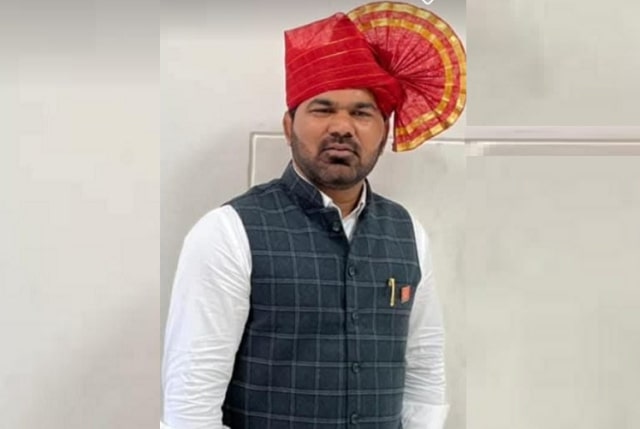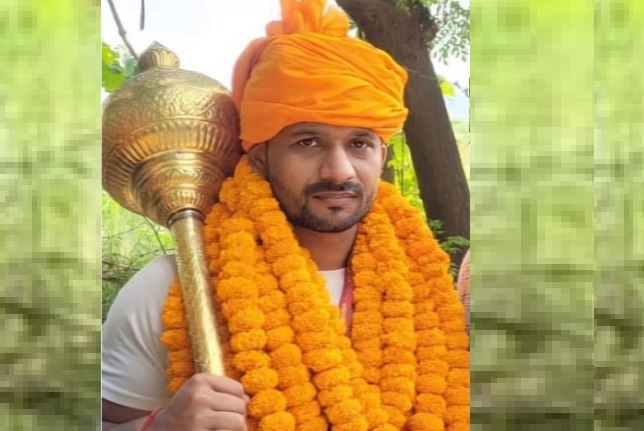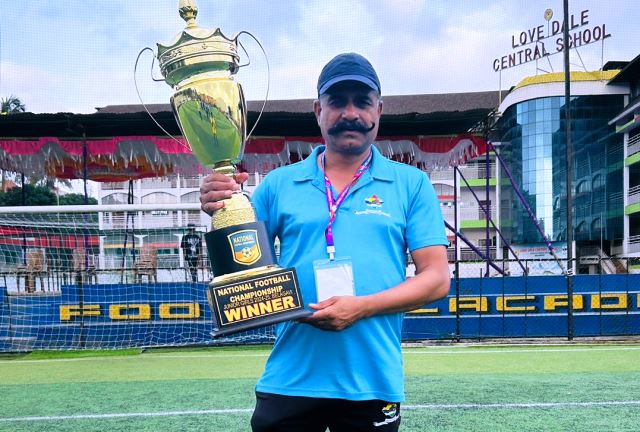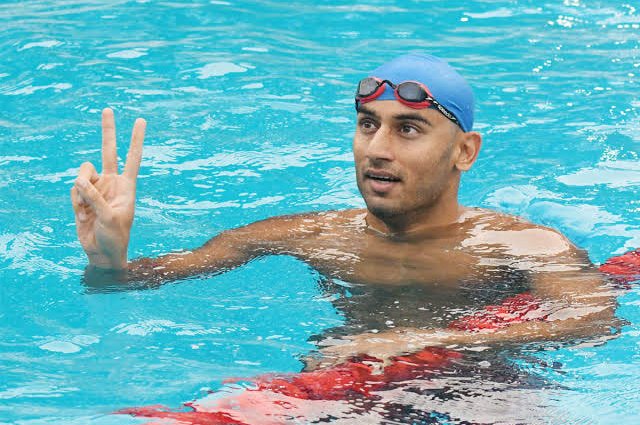Utkalika Priyadarshini, a shot-put athlete, rues that cricket dominates everything — from the headlines, the screens to the public conversations. Her views:
As a former shot-put player, I have lived through the quiet struggles of athletes whose dreams often do not see the light of day. I have felt the weight of being overlooked, not because of a lack of effort or talent, but because the sport I loved did not have the audience in India on the scale that cricket does. And it makes me wonder — why don’t exceptional athletes like shooter Manu Bhaker or chess player Tania Sachdev get the recognition they deserve?
India is changing, no doubt. We have started paying attention to sports other than cricket, and the infrastructure is improving. But the change is painfully slow, especially for those of us who have watched promising athletes fall through the cracks. Cricket dominates everything — the headlines, the screens, the conversations. You can feel the buzz when IPL is on, like the whole country is wrapped up in the game. It’s exciting, surely, but it leaves little room for other sports.
Manu Bhaker, for instance, made history with two individual Olympic medals. That’s a massive achievement, yet her name is not celebrated the way it should be. Why? Because shooting, as a sport, still struggles for recognition in India. Similarly, Tania Sachdev’s brilliance in chess doesn’t spark national pride the way a cricketer’s century does. Chess is often dismissed as a “mental game” — impressive, but not thrilling enough to capture hearts the way cricket does.
ALSO READ: ‘Cricketers Must Learn To Digest Success, Glamour’
A big part of this problem is the lack of regular media coverage. Cricket is everywhere, every single day. Other sports only get a moment in the spotlight when there’s a big win — and even then, it’s fleeting. Growing up as a shot-put player, I remember how hard it was to find stories about athletes like me. We had to dig for inspiration while cricket stars shone brightly on every platform.
Then there’s the infrastructure and funding. Cricket gets the best facilities, year-round tournaments, and endless sponsorships. It’s a privilege no other sport in India enjoys. I still remember training with outdated equipment and feeling frustrated that our potential was limited not by our abilities, but by what we lacked.
There’s also a mindset issue. Shooting, chess, and even sports like field athletics are seen as niche or elitist. They’re not “fun” or “relatable” for most people. But that’s not true. Every athlete has a story — of struggles, sacrifices, and triumphs — and those stories deserve to be told.
What hurts the most is that athletes like Manu and Tania pour their hearts into their sports, representing the country on global stages, yet they remain invisible to many. It’s not that cricket shouldn’t be celebrated — it absolutely should. But why can’t we celebrate them all?
India is more than just cricket. It’s a country with immense talent across a spectrum of sports. And if we truly want to be a sporting nation, we need to start paying attention. Not just during the Olympics, not just when there’s a medal but every day. These athletes deserve more than applause; they deserve our pride.
As told to Deepti Sharma






